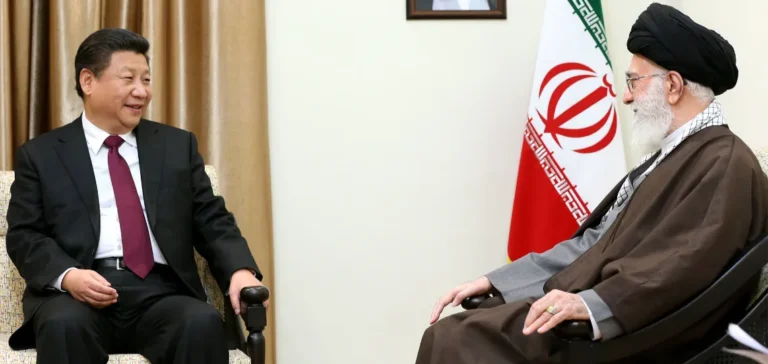China has expressed its opposition to new sanctions that Germany, France and the United Kingdom are considering reimposing on Iran over its nuclear program. Beijing argues that such a measure would undermine the ongoing negotiation efforts. In a statement, Chinese Foreign Ministry spokesperson Lin Jian said that imposing sanctions would not help build trust among the parties nor facilitate a swift resumption of discussions.
A divergent position on the international stage
Iran has announced that it is working with China and Russia to block the reactivation of European sanctions. These restrictions had been eased after the signing of a 2015 agreement, which imposed limitations on Iran’s nuclear program in exchange for a reduction in punitive measures. Under the provisions of this deal, which expires in October, each signatory retains the right to reinstate sanctions if one party fails to comply with its obligations.
On Wednesday, the foreign ministers of the so-called E3 group — comprising Germany, France and the United Kingdom — sent a letter to United Nations Secretary-General Antonio Guterres and the Security Council. In this document, they stated that they were prepared to trigger the mechanism allowing for the reinstatement of all international sanctions against Tehran.
Iranian responses and diplomatic tensions
In response, Iranian Foreign Minister Abbas Araghchi said on national television that his country would try to prevent the implementation of these measures. He specified that Iran had the means to respond if sanctions were reinstated. This statement follows a letter sent by Tehran to the United Nations in July, disputing the legitimacy of European countries to trigger the mechanism.
Lin Jian, spokesperson for the Chinese Ministry of Foreign Affairs, reiterated that any decision by the Security Council should aim at opening the path to new agreements and support dialogue. Beijing therefore maintains its role as a mediator while stressing the need for a stable negotiation framework to preserve diplomatic balance around the Iranian nuclear issue.






















